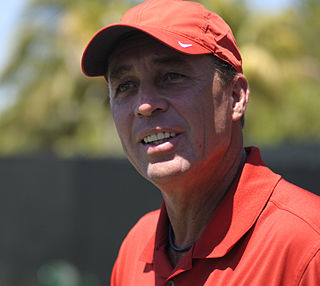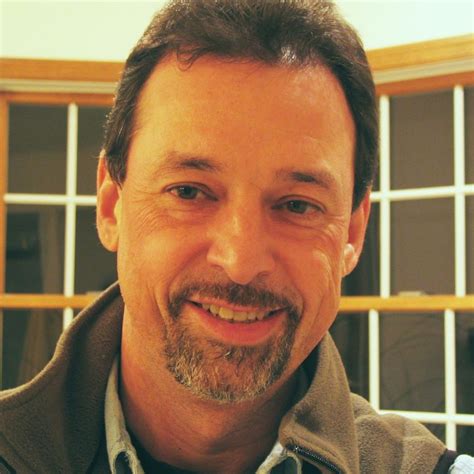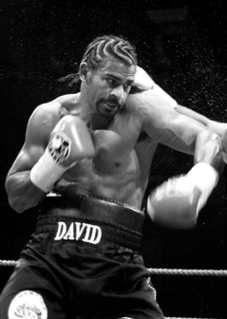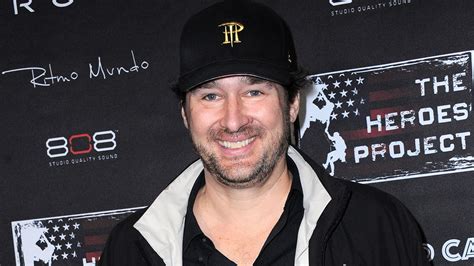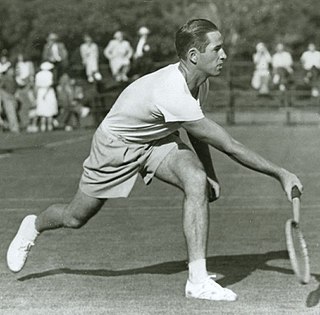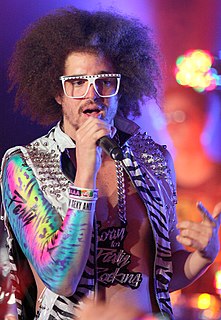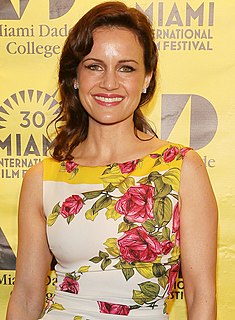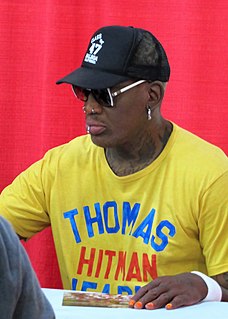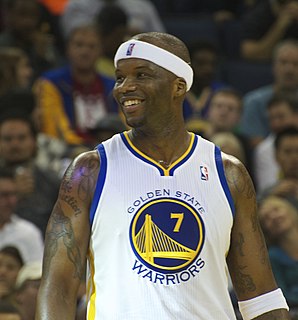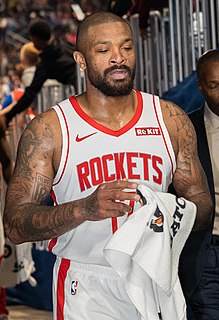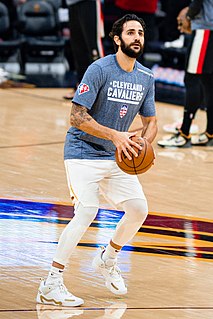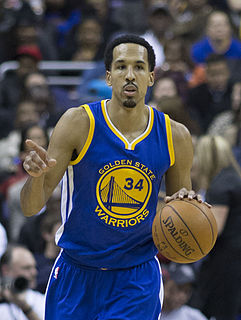A Quote by Gordon Hayward
I've always controlled my emotions. I think that probably came from playing a lot of tennis, keeping it inside and not letting the opponent see what's going on with you. I think it gives them an advantage when you do that.
Related Quotes
Tennis is basically a game where you try to create an opportunity for yourself to finish the point, because you can't wait for the opponent to miss anymore. Well, if you create an opportunity and don't take advantage of it, you let the opponent back to even, then you are just starting the point over, so you have to take advantage of them.
Sure, some employers are are afraid of letting older workers go because they think they're going to get sued. And they probably will get sued. But the reality is, you could get sued at any time by any kind of worker. I think its incumbent on an employer, if they want to be smart, to figure out what is the benefit of keeping this employee or letting them go. Do the calculation and just go ahead and either keep them or let them go based on what's good for the business.
I do think, in the future, headlamps are probably going to be smaller, slimmer. I also think that a lot of designers will start playing around with the daylight running lights. That gives a lot of character to the vehicles in different ways, so I think designers are going to play around with that to try and give each brand a certain DNA so you can almost recognize what car it is when you look at the headlamps.
I think it's normal that, the first time you meet Federer or Murray or Djokovic, you're going to get nervous. But after a while, they become normal opponents, people you see every week. That's the way you have to think. You can't think of them as legends. When you see someone on court, you have to treat every opponent the same way.
I have finally mastered what to do with the second tennis ball. Having small hands, I was becoming terribly self-conscious about keeping it in a can in the car while I served the first one. I noted some women tucked the second ball just inside the elastic leg of their tennis panties. I tried, but found the space already occupied by a leg. Now, I simply drop the second ball down my cleavage, giving me a chest that often stuns my opponent throughout an entire set.
I learned from my parents to do my best to not react to negative emotions. I try to think about what has happened and find the lessons that can be learned from these difficult experiences. I try to deal with these negative emotions right away because, if they stay inside, they can hurt and do a lot of damage. I release them as soon as possible so I can be free.
I do think that's one of the reasons that acting appealed to me so much: the idea of letting go of control in a controlled environment. Being able to go through the range of intense emotions and jump off the cliff, metaphorically, but in a creative way, and in a way where the structure was really solid.


